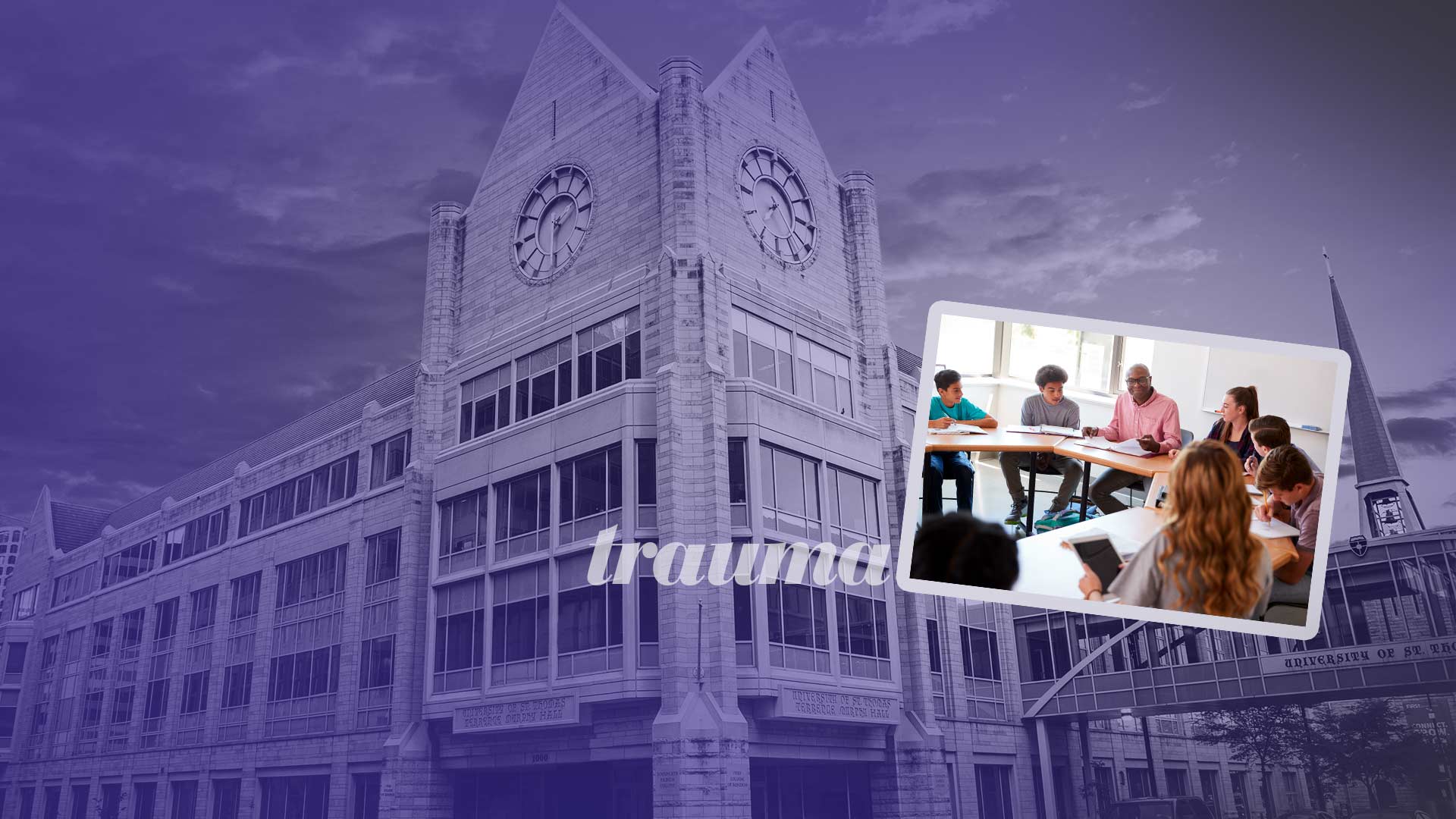Program Authors
Weinkauf is a Licensed Independent Clinical Social Worker who has served as a licensed school social worker for 17 years. Her time as an educator has spanned K-12 public and charter schools in urban and suburban communities. She has served as a Trauma Coach, General Education and Special Education School Social Worker. Before working as an educator, she provided school-based violence prevention services and worked with girls involved in the criminal justice system. In addition to her current role as Special Education Social Worker, Weinkauf serves as a therapist and adjunct professor. She provides clinical supervision to new school social workers and consultation and training to K-12 schools. Her focus areas include: trauma and its impact, trauma-informed schools, equity and anti-racism, the neurosequential model in education and restorative practices. Weinkauf holds a Bachelor of Science degree in Sociology from St. Catherine University and a Master of Social Work degree from St. Catherine University/University of St. Thomas.
Dr. Johnson is currently the Co-Director of the Post Traumatic Stress Center in New Haven, Connecticut, which evaluates and treats children and adults suffering from the consequences of trauma-related conditions. He is an Associate Clinical Professor in the Department of Psychiatry at Yale University School of Medicine.
He worked at the VA Medical Center in West Haven for 17 years before moving into clinical practice with Hadar Lubin, MD. In 2015, he and Dr. Lubin published Principles and Techniques of Trauma-Centered Psychotherapy (American Psychiatric Publishing), a clinical text.
Johnson's center conducts the Miss Kendra Program, a trauma-informed, preventive program that has been implemented nationally (www.misskendraprograms.org). He has also published widely in the use of the creative arts therapies, particularly drama therapy, in psychiatric care. He has published over 150 articles and chapters and 8 books, during his career.
Dr. Sommers has a decade of professional experience working at a variety of higher education institutions and within a number of functional areas within student affairs. Her areas of interest include holistic approaches to student wellbeing, the role of mindfulness and self-care in trauma-centered student affairs work, social justice in higher education, and intersectionality in student affairs work.
Dr. Trout has taught in pre-school through graduate-level classrooms in urban, suburban and rural settings. At the University of St. Thomas, she teaches educational psychology, social studies methods and diversity in school contexts. Her areas of interest range from caring relationships in teaching, deliberative reasoning by pre-service and practicing K-12 teachers, and interruptions to the school-to-prison pipeline.
